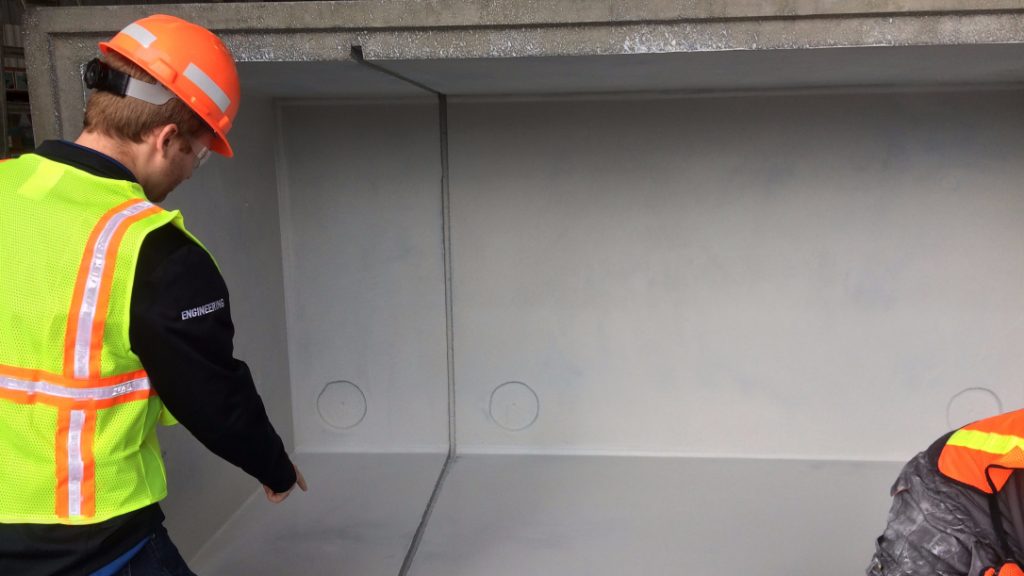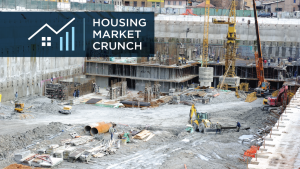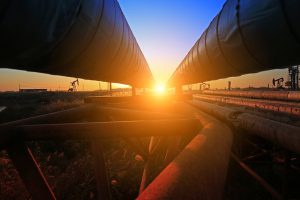An Alberta startup is going for gold by putting CO2 to work in construction materials.
Carbon Upcycling Technologies (CUT), a Calgary-based cleantech firm, is headed for the finals of the NRG COSIA Carbon XPRIZE competition, a $20-million, four-and-a-half-year global competition to develop technology to convert harmful CO2 emissions into products like building materials and alternative fuels.
CUT is one of four Canadian companies to compete for the prize. To get to the finals the company had to prove to a third party that they could capture 20 kilograms of CO2 per day. The company has been awarded US$500,000 for their work.
“We’re further along than most companies in the semifinals, but this was the more critical round. In this round a technical research institute from North Carolina does a site visit and we have to show a life cycle perspective showing the technology is CO2 negative,” said CUT president Apoorv Sinha.
Alberta Premier Rachel Notley recently commented on the company’s success in a statement.
“We’re thrilled to see an Alberta startup succeed at the global level. Carbon is an issue that requires strong ecosystem collaboration from both industry and government, and their achievements show that Alberta is well positioned to both address the energy challenges of today and create the materials we need for our sustainable future,” she said.
The road to the XPrize began in 2014 when Emissions Reduction Alberta, a climate change mitigation initiative funded by the Alberta government, issued a Grand Challenge competition to find new technologies to reduce greenhouse gas (GHG) emissions.
“We started development in 2014 and by the time the XPrize came around we were on the cusp of hitting commercial release of one of our products,” Sinha said.
CUT’s process is different from other GHG reduction strategies, he said, in that while most carbon sequestration technologies try to bury or break down the CO2 molecule, the company instead integrates it into other materials.
“There are different ways to deal with CO2; you can break bonds and then make new materials, like plastics. The method we’ve chosen is to leave the CO2 molecule intact, but ‘glue’ it to a solid so it’s sequestered,” Sinha said.
The technology takes a solid feed like petroleum coke, coal or solid powder, and absorbs CO2 into it, creating a nanomaterial that can be used in epoxies or polyurethanes, he explained. It can also be used to strengthen concrete which not only sequesters CO2 but can also reduce a project’s carbon footprint.
The firm has commercialized the process with their first product the AlphaCarbon AC-100 concrete coating.
“It’s something that goes into the concrete mix. If you use our enhanced fly ash additive, you can increase the strength of the concrete by 30 per cent, which dials down the concrete needed, which means more carbon credits,” Sinha explained.
Other future applications include transparent coatings for solar cells to increase efficiency, he added.
While Carbon upcycling spun out of the petrochemical industry, after the Grand Challenge Sinha said his firm made a decision to move their attention away from thermal recovery and towards materials.
“Energy is a key area of interest from our perspective…and construction in oil and gas within that. The sector has burgeoning growth and there are a lot of people working in concrete, additives and coating, but they’re using traditional methods,” Sinha said.
The NRG COSIA Carbon XPRIZE finalists were chosen from a field of 27 semifinalists by an independent judging panel of eight international energy, sustainability and CO2 experts, explains a press release. The grand prize winner will be announced in March 2020.











Recent Comments
comments for this post are closed